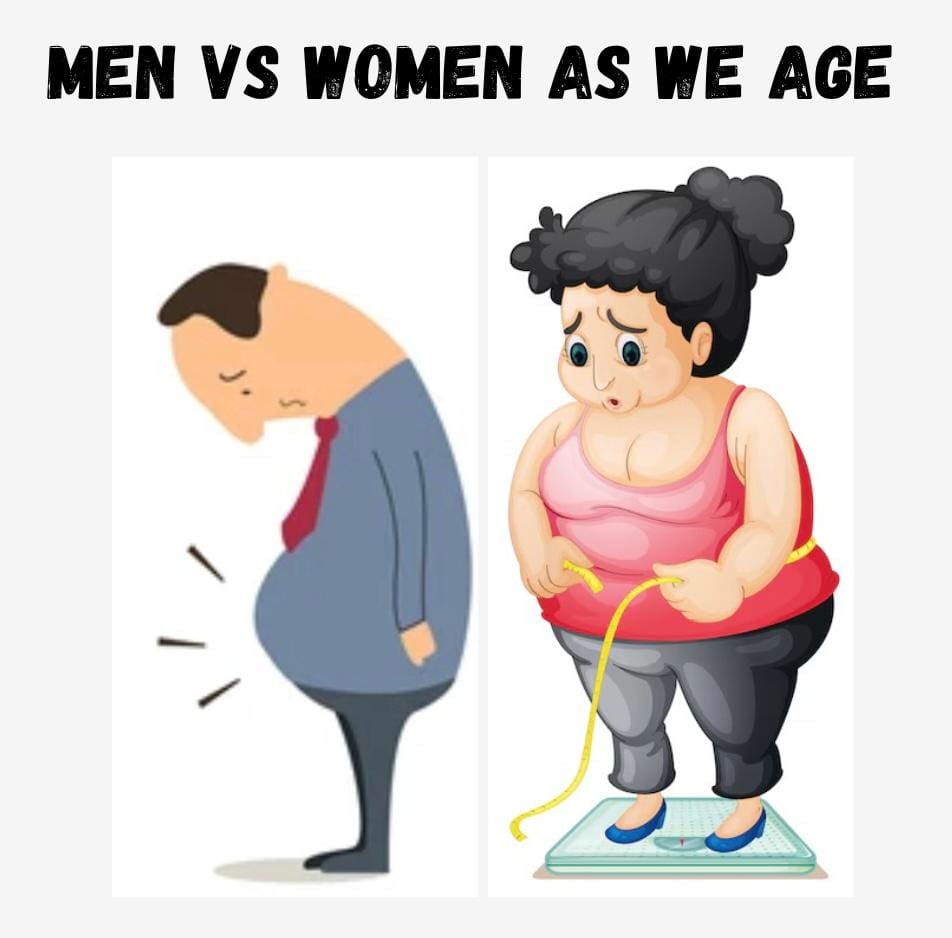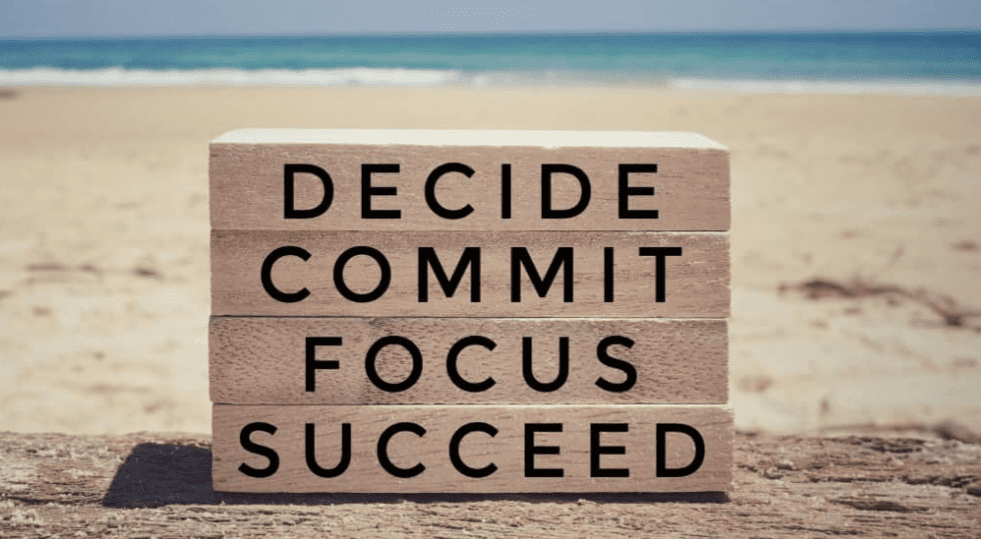WE DID IT! How do you Measure

| DRIP’s latest Body Recomp challenge is more than just about physical transformation; it’s a journey of dedication, discipline, and determination. Celebrating this achievement is crucial as it not only acknowledges the hard work put into reaching these goals but also encourages maintaining a healthy lifestyle moving forward. Body recomposition means working out regularly and sticking to a healthy diet, making sacrifices that are sometimes uncomfortable, but on the positive side, looking forward to feeling great. It’s something to talk about, and something to celebrate and congratulate about. Thank you to all who participated and trusted DRIP during this 10 week challenge! Win or lose, you’ve done something significant for yourself and you should be so proud! However, it wouldn’t be a challenge if there wasn’t a WINNER! To be selected, please find time between December 17th thru December 31st to get your body reanalyzed. Winners are chosen based on the most % body fat lost (normalized) from opening scan to final day scan. There will be a separate winner for both Men and Women. |
| Here is an example of how we “NORMALIZE” the results: A drop from a start of 40% body fat to 30% body fat would qualify as a 25% loss (not as a 10% loss) because it’s 10% over the original 40%. A drop from a start of 12% body fat to 9% body fat would qualify as a 25% loss (not as a 3% loss) because its 3% over the original 12%. This “NORMALIZES” the results so it is fair for anyone to have a chance to win! |

Body Recomp Recap!
| Body recomposition is a three-pronged approach that involves a balance between nutrition, training, and recovery. It merges the current science of body composition and hypertrophy with our understanding of how to create a routine without burning out. The goal is to give you a roadmap for fitness and nutrition for 2025 to be successful without overworking. Muscle doesn’t appear overnight, and you don’t have to torture yourself to see results. |
In general, as we age, body recomposition is harder, and it takes longer to see results!
| As we age, our bodies go through changes that can affect strength, flexibility, and overall mobility, often starting earlier than expected. Slow, subtle weight gain as we age is influenced by genetics, poor sleep, stress, and the loss of muscle mass that typically occurs with every decade. When we lose muscle mass, we burn less energy and are much more likely to gain weight. This causes a “spread” in our “middle age” which is just as unwanted as aging itself. The middle age spread isn’t an acknowledged medical condition, but perhaps it should be. There’s certainly no denying the fact that for many people it’s very real. Middle age spread is a term commonly used to describe the accumulation of fat around the hips, bottom and belly in men and women as they get older and is often associated with decreasing core body strength. The middle age spread by definition refers to mid life, or our forties and fifties, but unfortunately we’re now seeing it in much younger people as well. Getting older brings physiological changes that can affect weight. On the top of the list is muscle loss. Starting in middle age, we lose about 1% of muscle mass per year, which affects strength and metabolism (how fast we burn calories). Smaller muscles use fewer calories. If your diet doesn’t change, you’ll consume more calories than you need. The excess is stored as fat. While it’s natural to experience these changes, they don’t have to define your later years. Understanding the impact of aging on your body and incorporating functional training into your routine can help you stay strong, active, and independent. Here are some age-related changes to be aware of between Men and Women. |

MEN
| One of the main culprits of why men can have a hard time losing weight and gaining muscle as they age is due to hormonal changes. Testosterone levels decline gradually starting around age 40, which can make it harder to burn calories. The body also produces less growth hormone from middle age, which can make it harder to build and maintain muscle. As your male hormones begin to decline around middle age, you’ll naturally lose muscle mass. Although your body will respond less dramatically to strength training as you get older, it’s important to keep it up over the years because it can slow muscle and bone loss, and actually boost testosterone levels. It is estimated that between the ages of 50 and 80, we lose around 30% of our muscle mass. Reduced muscle mass leads to a drop in basal metabolic rate (the energy expenditure required by the body to function properly). The more muscle mass we have, the higher our basal metabolic rate, and the more calories our body burns at rest. Consequently, when muscle mass decreases, we burn fewer calories. Many people become less active with age, which can further slow the number of calories burned. If you don’t change your eating and exercise habits, the calories you don’t burn will be stored as fat, leading to weight gain and “middle age spread”. |
WOMEN
| When it comes to why women, in particular, gain weight as they age, the answer is a bit more complex. For starters, hormonal changes can cause the body to store more fat, as well as decrease muscle mass and bone density. This can lead to a decrease in metabolism, which can make it more difficult to lose weight. Many studies cite menopause as one of the leading causes of female middle age spread. The transition to perimenopause and menopause often infers fat redistribution and weight gain. The declining production of estrogen and progesterone leads to the notorious symptoms of menopause. In particular, lower rates of estrogen prompt shifts in fat accumulation and distribution. Visceral fat is more likely to be stored around the mid-region than hips and thighs. In general, hormone dysfunction is a major factor as to why most women struggle with weight at any age, but it becomes more clear this is an issue with time as your body can no longer adjust and accommodate for this issue. Poor diet, lack of physical activity, and stress are some additional factors contributing to weight gain in women as they age! For most women, the typical areas of weight gain are the hips, arms, and thighs, while others may experience it in the abdomen and chest. Moreover, women tend to struggle with fitness as they age because they are not putting the focus on building muscle. They focus on burning calories and cardio that leads to burnout, potential hormonal issues, and weight loss resistance, muscle wasting, declining metabolism, and joint pain. |

So, What Can You Do to Address Middle Aged Spread?
1. Eat MORE PROTEIN and FEWER CARBS Protein is the building block of muscle, and since muscle mass diminishes as you age, you need to up your intake. Ensure you have protein with every meal. 2. Make sure you WORK those MUSCLES The more muscle you have, the more calories you burn, even when you’re not exercising. So, as you age, it’s important to do what’s called resistance training – exercising with some form of weights – to keep your muscles strong. 3. ELIMINATE STRESS Midlife can be a time of high stress – juggling troublesome teenage kids, elderly parents and high-pressure work. But research has linked high levels of the stress hormone cortisol to an accumulation of fat around your midriff. 4. Use every opportunity to STAND UP Being sedentary for too long decreases the activity of an enzyme called lipoprotein lipase, which helps you burn fat around the middle. Standing, however, burns twice as many calories as sitting. 5. Get QUALITY SLEEP Our sleep quality often declines in middle age, but when you’re short on sleep your appetite increases, meaning you eat more and gain weight. |
Wrapping Up
| Age-related weight gain is a common issue among both men and women, but it doesn’t have to be inevitable. By understanding the factors behind weight gain and making simple lifestyle changes, you can help to manage your weight and lead a healthier life. |
Conclusion
| Taking care of your body is important and one of the biggest factors contributing to long term wellness is your weight. Being in tune with your body is the best way to realize when you might be experiencing weight gain and how it could be affecting your wellbeing down the road. |

